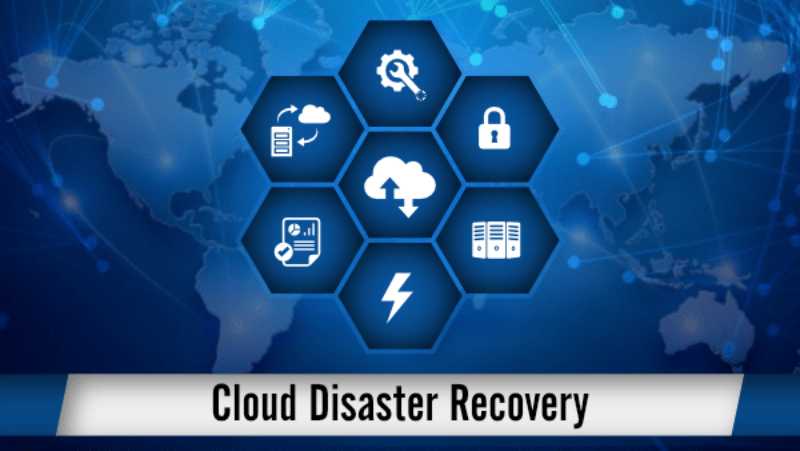3 Advantages of Cloud Disaster Recovery

Table of Contents
Benefits of Cloud Disaster Recovery:
At some point, your business could go bankrupt. Whatever the cause, it is imperative that you have a disaster recovery process and system in place to minimize downtime. This is why the cloud is the best option, especially compared to a more traditional approach.
Hardware failures, natural disasters and cyberattacks
These crises all have one thing in common. These are incidents you never want to deal with. And in a perfect world, this would never be the case.
But we don’t live in a perfect world. At some point, your business will experience a disruption to its operations. In this case, it is essential that you have a comprehensive business continuity and disaster recovery plan in place.
Part of this plan includes a disaster recovery solution. This is where cloud computing comes in. Disaster Recovery as a Service (DRaaS) is arguably your best bet when it comes to helping your business weather any storm.
Here are some of the advantages over traditional hardware-based disaster recovery.
More affordable (in more ways than one)
With a cloud platform, you usually only pay for what you use. There is no need to maintain an expensive external infrastructure. Your cloud disaster recovery (DR) solution is available only when you need it.
You will have to spend less on maintenance and installation. You don’t have to maintain hardware externally, so your infrastructure is less complex. And most cloud DR solutions are highly interoperable, meaning they can be easily integrated into multiple systems and platforms.
As you know, downtime is expensive. An estimate from analyst firm Gartner puts the average cost of an outage at about $5,600 per minute. Depending on the size and scope of your business, you may face even higher costs.
You want to do all you can to reduce downtime. This is exactly what a cloud platform allows you to do. You can access and activate backups and redundant systems in minutes, or automatically failover your systems if necessary.
With the right cloud platform, you can even automate the entire recovery process from start to finish, significantly reducing the time spent on crisis management.
More reliability
Besides agility, the decentralized nature of the cloud is one of its most compelling advantages. A cloud DR platform is not tied to any location. Generally, you don’t have to worry about your backups being taken offline due to a natural disaster, which was the case for some businesses during Hurricane Sandy in 2012.
In rare cases, cloud providers lose connectivity. Like all technology, it is not infallible. But this sort of thing happens much less often than with more traditional centralized infrastructure.
Better understandable
With its affordability and ease of implementation, the cloud allows your organization to take a much more comprehensive approach to disaster recovery. You no longer have to focus exclusively on business-critical systems and software. Instead, you can back up everything, protecting all your systems, services and files at minimal cost.
However, you can always restore critical systems first, but you don’t have to worry about losing non-critical systems.
ALSO READ: Ideal Kotlin Coder for Modern App Development
ALSO READ: Artificial Intelligence (AI) In Talent Acquisition – Modernize Recruitment Processes
Conclusion
The cloud is one of the most powerful tools in your arsenal when it comes to disaster recovery. Thanks to its decentralized nature, ease of implementation and flexibility, you can protect yourself against almost any crisis. More importantly, you can do it without going over budget.




